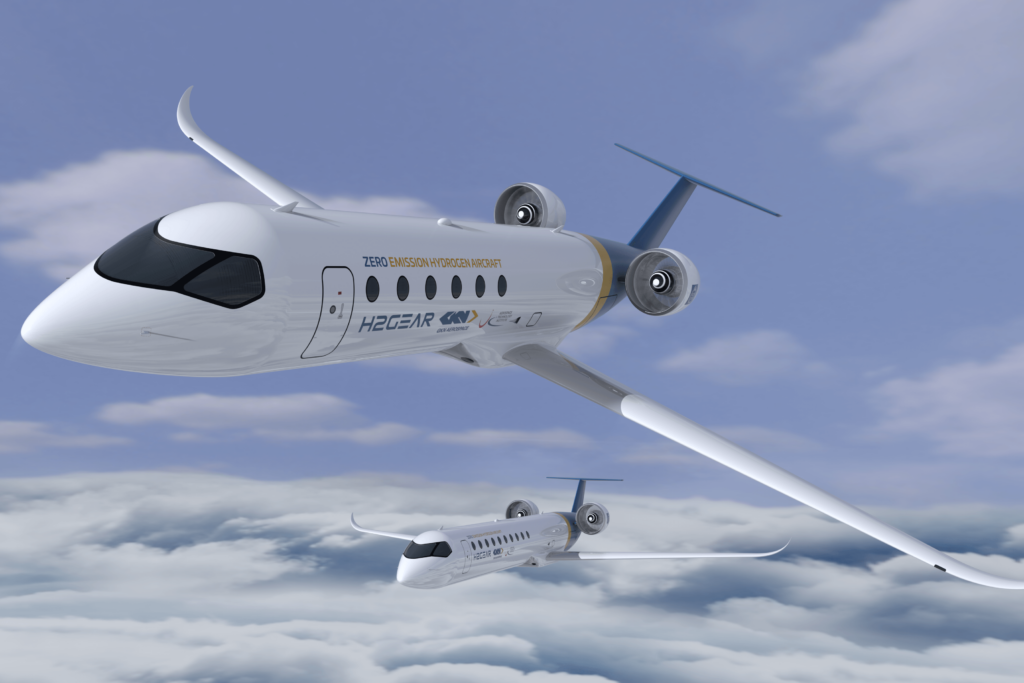Low-cost carrier easyJet has teamed up with GKN Aerospace to support the development of hydrogen technology as part of efforts to make flying more sustainable.
The carrier said it will work with GKN on its hydrogen combustion (H2JET) and hydrogen fuel cell (H2GEAR) technology, including looking at the options for flight demonstration. EasyJet will provide the aerospace supplier with insights into operational requirements and economics.
easyJet is working with various partners on projects to help reduce carbon emissions generated by flying. Along with GKN, easyJet is involved in projects with Airbus, Rolls-Royce, Cranfield Aerospace Solutions and Wright Electric.
The airline is hopeful it can start flying customers on planes powered by hydrogen-combustion, hydrogen-electric or a hybrid of both by the mid to late-2030s.
“We know that technology is a key driver to achieve our decarbonisation targets, with hydrogen propulsion a frontrunner for short-haul airlines like easyJet,” David Morgan, easyJet director of flight operations, commented. “Cross-industry partnerships are key to developing these promising new technologies and we look forward to collaborating with GKN Aerospace to support bringing this technology to maturity as early as possible.”
H2GEAR is a UK program that aims to develop a liquid hydrogen propulsion system for sub-regional aircraft that could be scaled up to larger aircraft. H2JET is a Swedish two-year program to drive development of key subsystems for gas turbine-based hydrogen propulsion of medium range civil aircraft.
“Hydrogen-powered aircraft offer a clear route to keep the world connected, with dramatically cleaner skies,” said Max Brown, VP Technology at GKN Aerospace. “We look forward to work with easyJet and our partners, to develop and industrialise the breakthrough technology to fly aircraft with zero CO2 emissions.”

